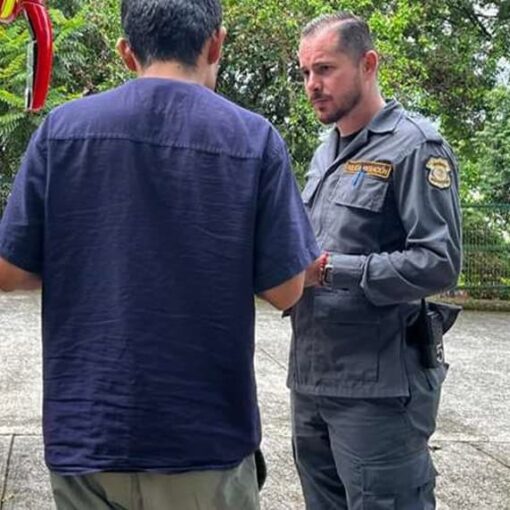Moving abroad generally comes with its challenges and opportunities, regardless of your family situation. Among crucial decisions for expats, starting a family in a foreign country requires careful consideration within the couple and meticulous planning. Let’s delve into the nuances of this beautiful adventure abroad.
What is the right time to start a family abroad?
The ideal time to start a family in a foreign country varies depending on numerous factors. First of all, professional and financial stability plays a crucial role. Before making this decision, make sure that your working conditions and job prospects provide enough security according to your expectations. An evaluation of your financial situation should also be considered, ensuring you have the necessary resources to support your family. Consider the specificities of the host country, including possible state financial aid and access to mandatory paid parental leave for both parents.
In the event of an unplanned pregnancy during your stay abroad, rapid adaptation becomes crucial. Explore local resources and seek medical support. Pay special attention to the emotional aspect for both you and your partner. You should also consider finding suitable support.
Another important step is to research prenatal and postnatal care. What are the different options and how are premature babies, for example, managed? Not all countries manage complex cases in the same way, and rates of premature births and complicated cases vary.
Pregnancy and postpartum in a foreign country
Pregnancy in a foreign country can be both exciting and demanding. The crucial first step is to familiarize yourself with the local health system as it relates to pregnancy. If you’ve been living in the country for a while, you’re likely familiar with its healthcare system. Knowing medical procedures, finding trusted professionals such as gynecologists, midwives and other specialists, and understanding possible birth options are essential. This can vary significantly between your host country and your home country. Don’t hesitate to seek advice from other expats; Your experiences can be valuable.
Postpartum during your stay abroad can also pose specific challenges, in addition to the shock caused by childbirth and the arrival of a baby in a couple’s life. Having a strong support network, whether it’s an expat community or local friends, can make a big difference. Services such as childcare and parenting courses tailored to the local culture can ease the transition to new family life in your host country.
Childcare, education and expat expenses
As in many other cases, childcare can vary considerably from country to country. Some countries offer well-developed childcare services, while others may have more limited or expensive options. Expat parents should explore different possibilities, such as local daycares, babysitting services, or even involving family members if they are also present in the host country.
The education of children in your host country is another crucial consideration. Expats typically choose international schools, which often offer programs in multiple languages, while others choose to enroll their children in the local education system. Each option has its pros and cons, depending on factors such as the family budget, the desire for the child to be part of an international or local community, or the type of education desired.
Expenses related to starting a family abroad go beyond immediate needs like weekly grocery shopping, encompassing things like health insurance, educational fees, and housing costs that vary significantly depending on where you live, making which requires meticulous budget planning to avoid financial surprises.
Starting a family abroad: country examples
In conclusion, here are some examples that illustrate the diversity of experiences related to starting a family in a foreign country.
Let’s start with Singapore’s advanced healthcare infrastructure, which offers various medical options for pregnant women. Expats can choose from a variety of renowned hospitals that offer high-quality, specialized care. The city also offers support groups for new parents.
On the other hand, Germany’s well-established healthcare system includes extensive benefits for pregnant women and new parents. Maternity and paternity leave is generous, providing a financial cushion during the postpartum period.
In Mexico, the family is at the center of culture. Expats may find strong social support, but may also face cultural differences in prenatal care and educational standards. Paid maternity leave is relatively short, currently 6 weeks after childbirth.
In Canada, universal health coverage ensures equitable access to prenatal care. Expatriate parents can benefit from maternity (17 weeks) and paternity (5 weeks) leave, easing the adjustment period during the postpartum period. Local resources, such as family planning centers, also provide comprehensive support to new parents.
In New Zealand, the public health system covers a significant portion of pregnancy-related costs. Midwifery services are common, allowing for a more personalized approach to prenatal and postnatal care. Maternity leave is 14 weeks for the mother and 2 weeks for the father.

For those who have experienced shifts in consciousness and know that more peace, joy, and love awaits in a better living environment. A bold shared vision. A living community and hub for innovation. A sustainable ecosystem for living and working. A model for the new future.
Source link
TCRN STAFF



